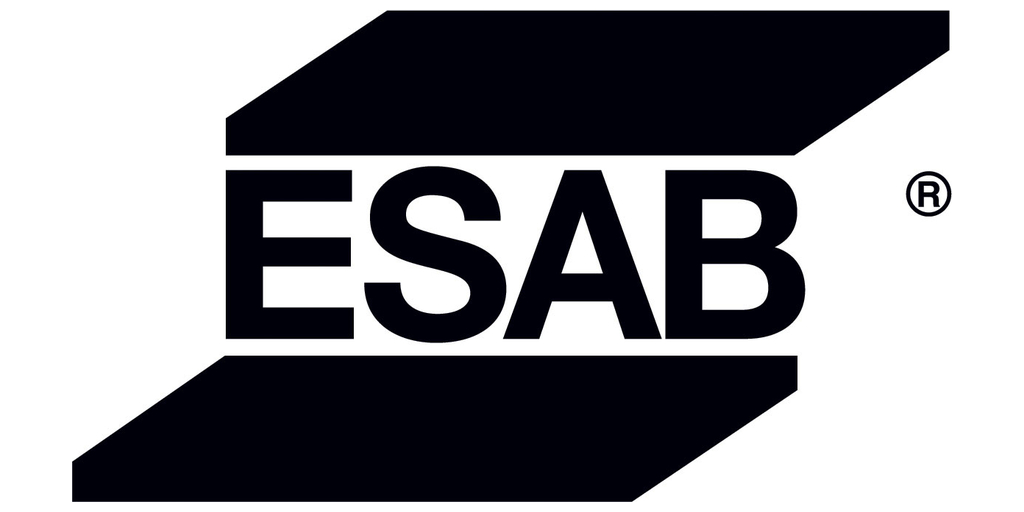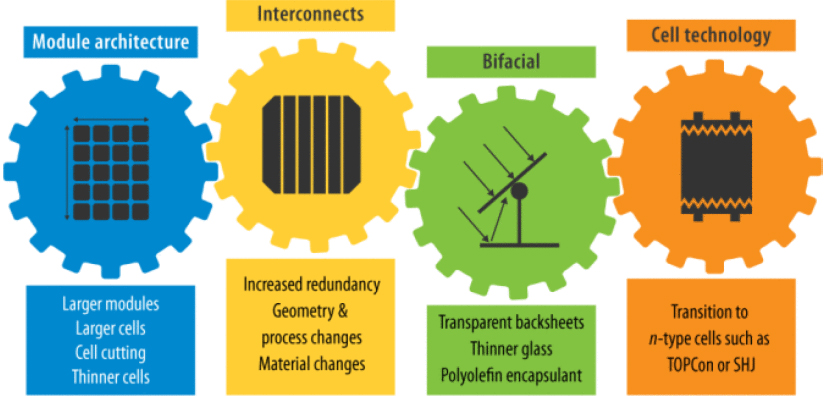
Neo Performance Materials’ unit Neo Magnequench has broken ground on a new rare earth magnet manufacturing facility in Narva, Estonia.
The facility specialises in the production of permanent magnets to be used in electric vehicles(EVs), wind turbines and other clean energy technologies.
Neo Magnequench plans to begin phase 1 production in 2025, with a production target of nearly 2,000 tonnes per annum (tpa) of rare earth magnet block.
This is expected to be sufficient for powering 1.5 million electric cars.
In the second phase, the company plans to produce 5,000tpa, which will be enough to support 4.5 million electric cars.
The new facility is located near Neo Performance Material’s existing rare earth separations plant in Sillamäe, where rare earth feedstock from across the world will be taken to produce high-purity magnetic rare earth oxides.
The rare earth oxides will then be converted into sintered neodymium-iron-boron magnets at Magnequench’s new plant at Narva.
Sintered rare earth permanent magnets have applications across a variety of technologies that increase energy efficiency and reduce CO₂ emissions, supporting the EU’s efforts in reaching its carbon neutrality goal.
The magnets are integral for drivetrains in the majority of EVs being produced today, where they are used to increase both the power and efficiency of the motors.
Neo Performance also produces other rare earth magnets. These are used in electric motors of battery electric, hybrid electric and conventional vehicles, along with electronics, water circulation pumps, high-efficiency home appliances and several other industrial applications.
Neo Performance Materials CEO Constantine Karayannopoulos said: “We are proud to be the anchoring investment that will help Estonia become a hub for critical raw material supply chains for technologies that are necessary for Europe’s transition to electromobility and energy security from renewable sources.
“This value chain approach to investment attraction and industrial ecosystem development is a bold vision, which is supported by the high competency and speed-to-execution of European Commission, Estonian and municipal government leaders.
“With the support of the European Union’s Just Transition Fund, our company is de-risking rare earth supply chains in Europe and globally, which in turn de-risks the million jobs in the transition from the internal combustion engine to electric vehicles in Europe and the production of wind turbines for Europe’s energy security.”




